Dragons Voice: Giving older migrants a say in healthy work
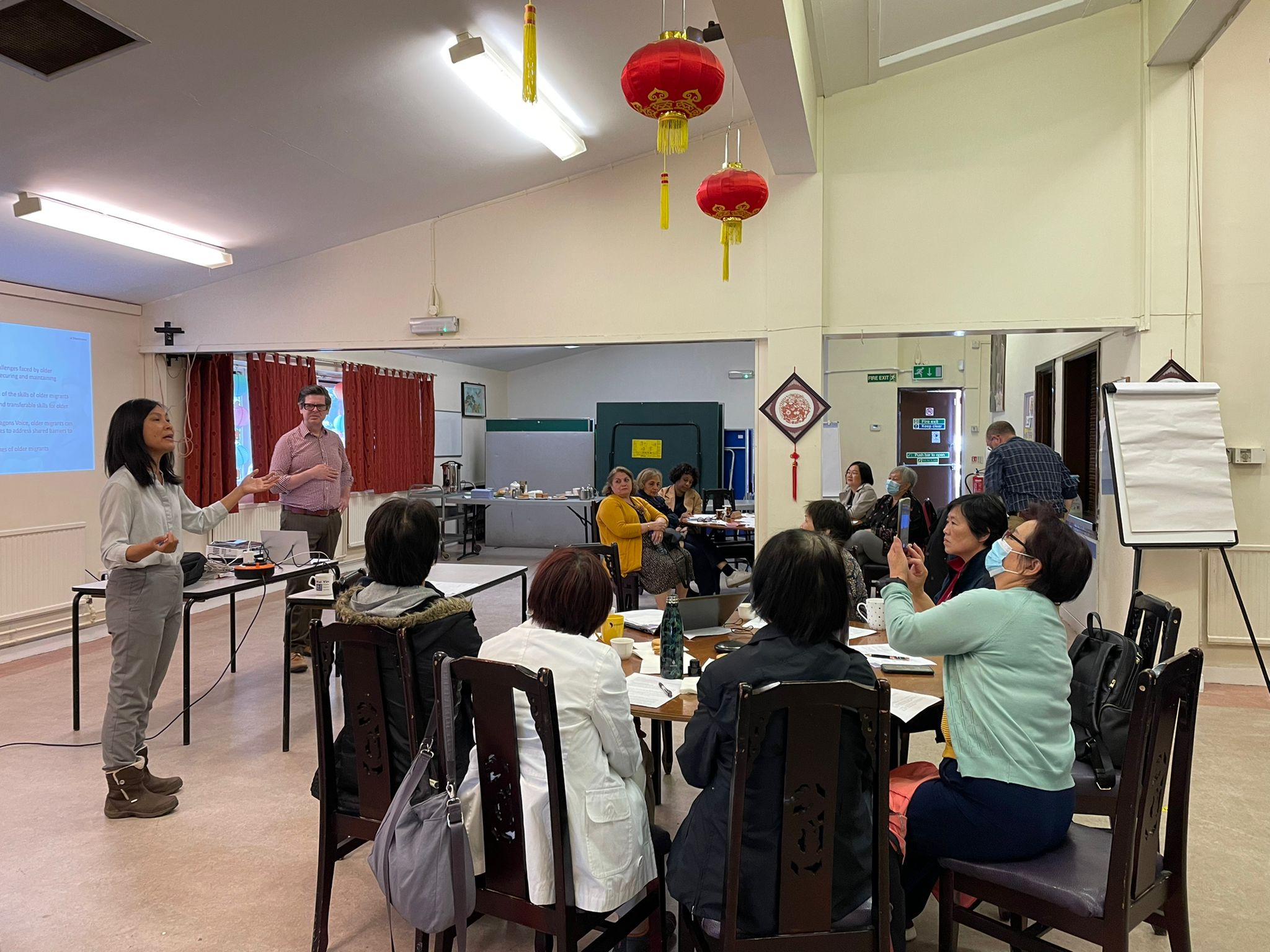
Healthy ageing is all about ensuring that older people have a say over their lives, can maintain social connections, can meet their basic needs and are able to contribute to society. Dragons Voice aims to give older migrants a voice in designing work which they value; will keep them healthy; and provide them a second mission.
Migrants are more likely to be in work after pension age. Keeping them healthy means giving them a say in their work.
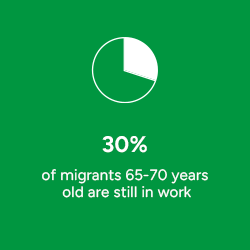
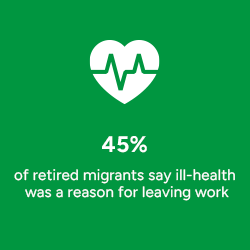
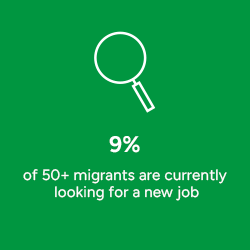
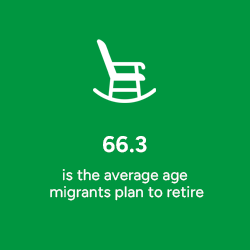
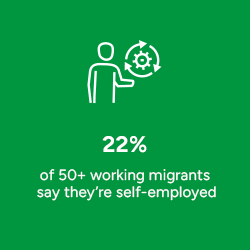
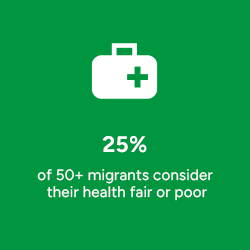
RECOMMENDATIONS
50+ year old migrants are more likely than UK born older people to be in work past pension age, but are also often in precarious jobs which pose risks to their health and well-being. However, they have great skills and many have experience running their own businesses.
In Dragons Voice, older migrants, employers and community organisers got together to talk about ways to make the job market work better to get older migrants into work which is healthy, rewarding and meaningful.
Provide the training and accreditation they need to access new work opportunities
Older migrants have a wealth of skills and knowledge which can benefit employers. Many have run their own businesses and know how to find customers, balance the books and keep an enterprise going, even when the economic environment is tough. Some might not have formal accreditation, but a bit of top-up training could help them mobilise their skills to new ventures.
Many migrants can also face barriers to work due to language difficulties. Not every job requires the highest level of writing and speaking skills and work can be adapted so that people with language difficulties can nevertheless excel at the things they are good at. Plus, being able to speak and write in a non-English language can be a crucial skill for many jobs! Nevertheless, providing English proficiency training can help older migrants take part in their communities. They may even be keen to take part in an exchange with a native English speaker who wants to learn a new language.
Help older migrants pursue missions they left behind when coming to the UK
For many, migration can mean having to leave behind a career they had built up in their home country. A mid-life career change can offer the chance to pick up a mission they had to leave behind. Some Wai Yin members talked about wanting to develop a skill they developed when they were younger like mechanics or engineering. Others were keen to develop something new like teaching others in Manchester about the experiences of Chinese migrants in the UK.
Build bridges between migrant communities to tackle common barriers
The migrant population is diverse with a wide range of experiences in the UK. However, there are barriers to work which are common across communities like language difficulties and experiences of racism and ageism. Older migrants from different communities can work together to address common challenges as well as amplify voices with employers and policy makers.
Encourage inter-generational solidarity
Intergenerational support is woven into the migrants' living experience. First generation migrants work in physically and mentally demanding work to send their children to university and build their own careers. Some Wai Yin members see the support they give younger people as their second mission- for example caring for children and the elderly. Young people can also help the older generation by providing help in using technology and finding work in the modern job market.
Involve community groups in finding solutions
There is a wealth of evidence that community groups play an important role in improving the quality of lives of migrants by enhancing community cohesion and solidarity, and assist individuals to find a voice in public policy, access support and facilitate collaboration. This is particularly true regarding the most marginalised parts of migrant populations like older people. Community groups have played a critical role in delivering positive healthy ageing outcomes with housing, care, social integration, and employment. Most importantly, community groups give older migrants a venue to collaborate to address big challenges like job insecurity.
Give older migrants a voice in designing work their second mission
Older migrants frequently have experienced lifetimes of precariousness and lack of choice over work. For older migrants to build healthy second careers, they need to have a say over what works look like. Through community groups, they can collaborate, share skills, and build businesses which are sustainable and enable them to contribute to society.

Artwork produced by a rapid cartoonist at the Dragons Voice workshops
50+ migrants are contributing their skills and knowledge to communities which need them.
50+ MIGRANTS' sTORIES
What do older migrants want from work?
Members of the Wai Yin community talk about what work would look like for them in an ideal world.
What do older migrants need to get good work?
Denise Megson, of the award winning Dragons Voice talks about what older migrants need to find good work.
What do younger migrants think?
Migrants of all ages can work together to build better work for everyone. Here are ideas from younger people about healthy work.
How can we tackle inequalities together?
Discrimination, language barriers, and exclusion hurt everyone. Here is what is being done in Manchester to tackle inequalities.
The collection of experiences of 50+ migrants is unique
dRAGONS VOICE: tHE RADIO PROGRAMME
Dragons Voice provides a medium of expression for Manchester’s Chinese community to talk about their experiences living in the UK. The Dragons Voice Radio show explores issues such as isolation and loneliness, identified problems in migrant communities. Broadcasting in Cantonese and English, it encourages those with limited English skills to contribute. Working with ALLFM, Dragons Voice provides training to volunteers who participate in the radio shows. Training covers all aspects of radio production including writing, editing, literacy, teamworking and software skills. These are transferrable skills that can be utilized to address employability issues in older migrants. Also providing a medium for community activism, Dragons Voice gives older Chinese migrants a platform to discuss challenges of mental health, joblessness and isolation living in the UK.
AGEING AND MIGRATION: fRONTIERS RESEARCH TOPIC
In order to cast a light on the experiences of older migrants, the research team organised a research topic to discuss their experiences in the realms of work, care, and civic involvement. Contributions explored how older immigrants’ past experiences in social, economic, and civic spheres impact on present experiences preparing for and living through retirement, family and community engagement, and end of life care. It also seeks to generate a dialogue on the ways in which policy makers, businesses, third sector organizations and older immigrants themselves can enhance active ageing within this community. The Research Topic was hosted by Frontiers in Psychology.
COLLABORATORS

MATT FLYNN
Matt Flynn of the University of Leicester School of Business is the Director the Centre for Research into the Older Workforce. He has produced good practice guides for employers on making work attractive to older workers; constructing phased retirement pathways; and making the best use of skills and talents in intergenerational work teams.
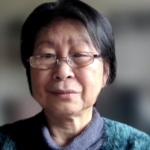
LOUISE WONG
Louise Wong of the Wai Yin Society is a Community Development Organiser. She was the Public Involvment and Engagement officer in the project and led in organising and engaging older migrants in the project. Louise has led funded projects on older migrants’ training, mental health, engagement and end of life care.
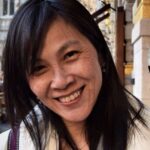
ECHO YEUNG
Dr Echo Yuet Wah Yeung is Associate Professor in Research in Social Work at the University of Hertfordshire. She is a registered social worker with Social Work England. Her research interests are in health and social care of people from Chinese backgrounds and other minority ethnic communities.
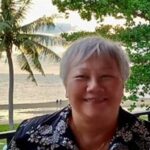
DENISE MEGSON
Denise Megson of Dragons Voice is the director of the radio programme. Dragons Voice, secured funding to produce an 8 part series to raise awareness of hate crimes (2020), a singing project which was recorded and broadcasted. In collaboration with All Arts & Media, they produced the “One Voice” series funded by the Audio Content Fund (2021) and the ECHO@AllFM series funded by the Department of Levelling Up, Housing & Communities in 2022.

CIRCLE STEELE
Circle Steele is CEO of the Wai Yin Society. Circle is a member of the Black & Asian Minority Ethnic Research Advisory Group (BRAG) working with Vocal and which plays a key role in shaping the direction of health research in the NIHR Manchester Biomedical Research Centre.

STUART MCCLURE
Stuart McClure of Queen’s University Belfast is a Lecturer of OBHRM. He is the researcher on the Dragons Voice project and coded and helped analyse the data. His work focuses on attaining a better understanding of how social logics can impact personal career development choices.

MELISSA YAZDANPANAHI
Melissa Yazdanpanahi has written on older migrants and healthy ageing within the contexts of care, neighbourhoods and social participation. She has drawn on her extensive work with older Turkish adults in London, where she explored different aspects of participants’ lives that promoted or hindered independence and social participation in later life.

JENNIFER CREESE
Jennifer Creese of the Department of Population Health Sciences at the University of Leicester is a sociocultural anthropologist specialising in work, migration and wellbeing, particularly in the health and social care sector. She is an expert in ethnographic research and qualitative evaluation.

JOHN MALTBY
John Maltby is a Professor in Psychology at the University of Leicester. His research and funding is focussed on the measurement of individual differences and well-being across the life-span across educational, health, and clinical domains. A key feature of his work involves exploring models of resilience.
- copyright 2024 Professor Matt Flynn. All rights reserved.






